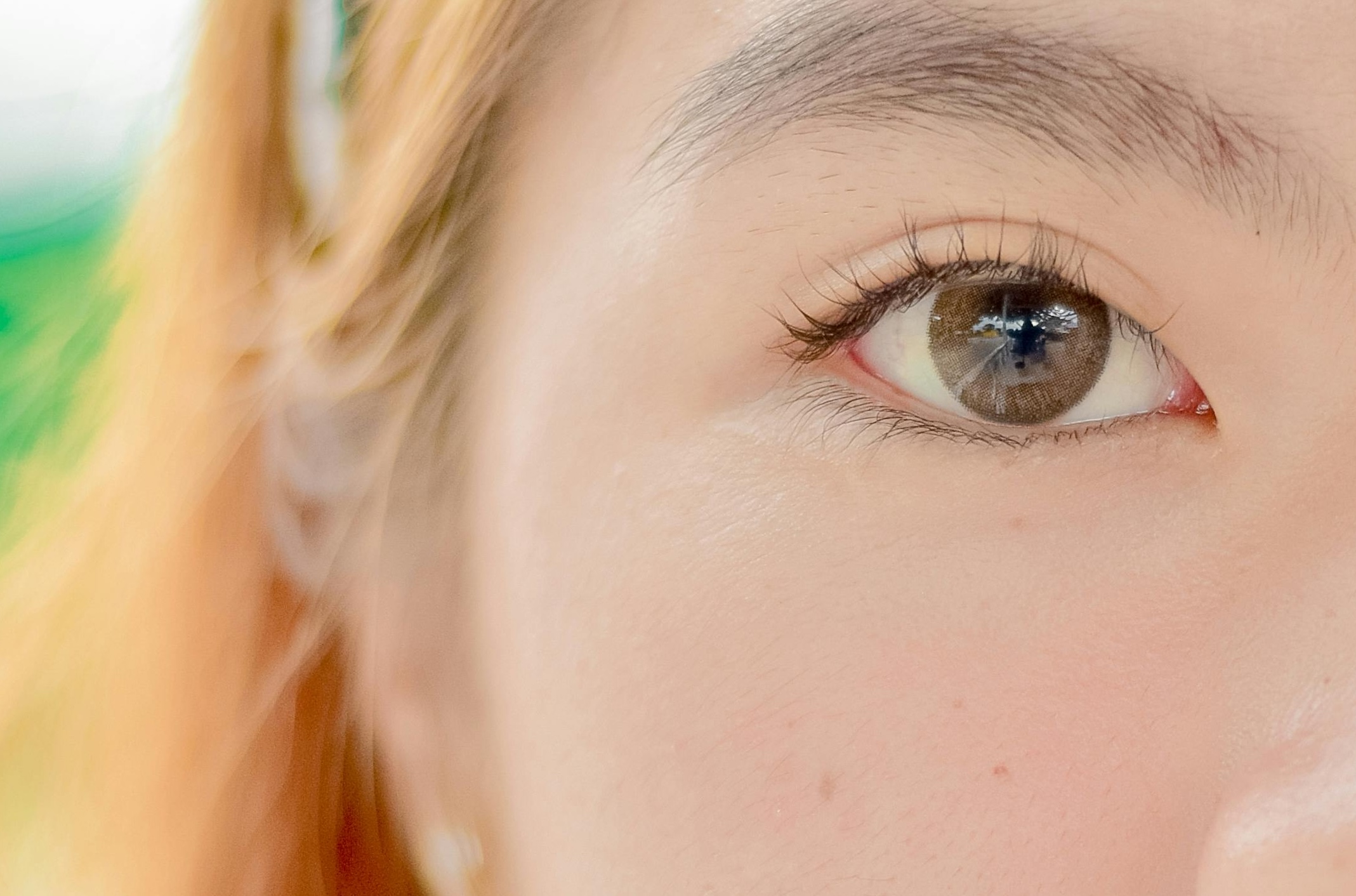About Eye Floaters
Understanding a bit more about what they are and what to do if you think you might have them.
What are eye floaters?
Eye floaters are small to medium sized, shadowy shapes that appear to drift across your field of vision. They may look like spots, threads, cobweb-like strands or solid dark masses and are especially noticeable when looking at a bright, plain background.
What causes eye floaters?
Floaters are typically caused by spontaneous changes in the vitreous, the gel-like substance inside the eye. As we age, the vitreous can shrink or become more liquid, causing tiny fibers to clump together and cast shadows on the retina. These shadows are what we perceive as floaters.
Other potential causes include:
-
Aging: As you age, the vitreous humor, the gel-like substance inside the eye, gradually and naturally changes in consistency
-
Eye Injury or Surgery: Trauma or certain procedures can disrupt the vitreous. Cataract surgery can be a major offender.
-
Inflammation (Uveitis): Swelling in the eye can lead to debris that creates floaters.
-
Retinal Tears or Detachment: In rare cases, floaters may indicate more serious conditions requiring immediate attention.

70%
All Ages
of people experience eye floaters in their lifetime
are susceptible, with frequency increasing with age
How do I know if I have floaters?
Eye floaters appear as small spots, squiggly lines, or cobweb-like shapes that drift across your vision. They are most noticeable when looking at a bright background, such as a clear sky or a white screen. Floaters move as your eyes move and seem to dart away when you try to look directly at them.
Common symptoms of eye floaters include:
Seeing dark or transparent specks that move with your vision
Noticing shadowy shapes that fade when you try to focus on them
Experiencing an increase in floaters, especially after eye surgery or injury
While eye floaters are usually harmless, a sudden increase in floaters, flashes of light, or vision loss could indicate a serious condition, such as a retinal tear or detachment. If you experience these symptoms, seek medical attention immediately.
What should I do if I think I've developed floaters?
If you notice eye floaters for the first time, don’t panic. Most floaters are a natural part of the aging process and are harmless; however, it’s important to monitor your symptoms and take the following steps.
Schedule an Eye Exam:
A comprehensive eye exam with an optometrist or ophthalmologist can help determine the cause of your floaters and rule out serious conditions.
Observe Your Symptoms:
Pay attention to the size, shape and frequency of your floaters. They may become more or less noticeable over time.
Be Aware of Warning Signs:
If you experience a sudden increase in floaters, flashes of light, or vision loss, seek medical consultation as soon as possible, as these could be signs of a retinal tear or detachment.
Support Your Eye Health:
Maintaining a healthy diet rich in antioxidants, staying hydrated, and considering targeted eye health supplements may help support overall eye function.

Simulation of obstructed vision with eye floaters
Many people tend to experience them more intensely against a bright sky or well-lit surface.

Eye with vitreous floaters
Light passing through the eye is blocked by vitreous floaters which create a silhouette effect on the retina